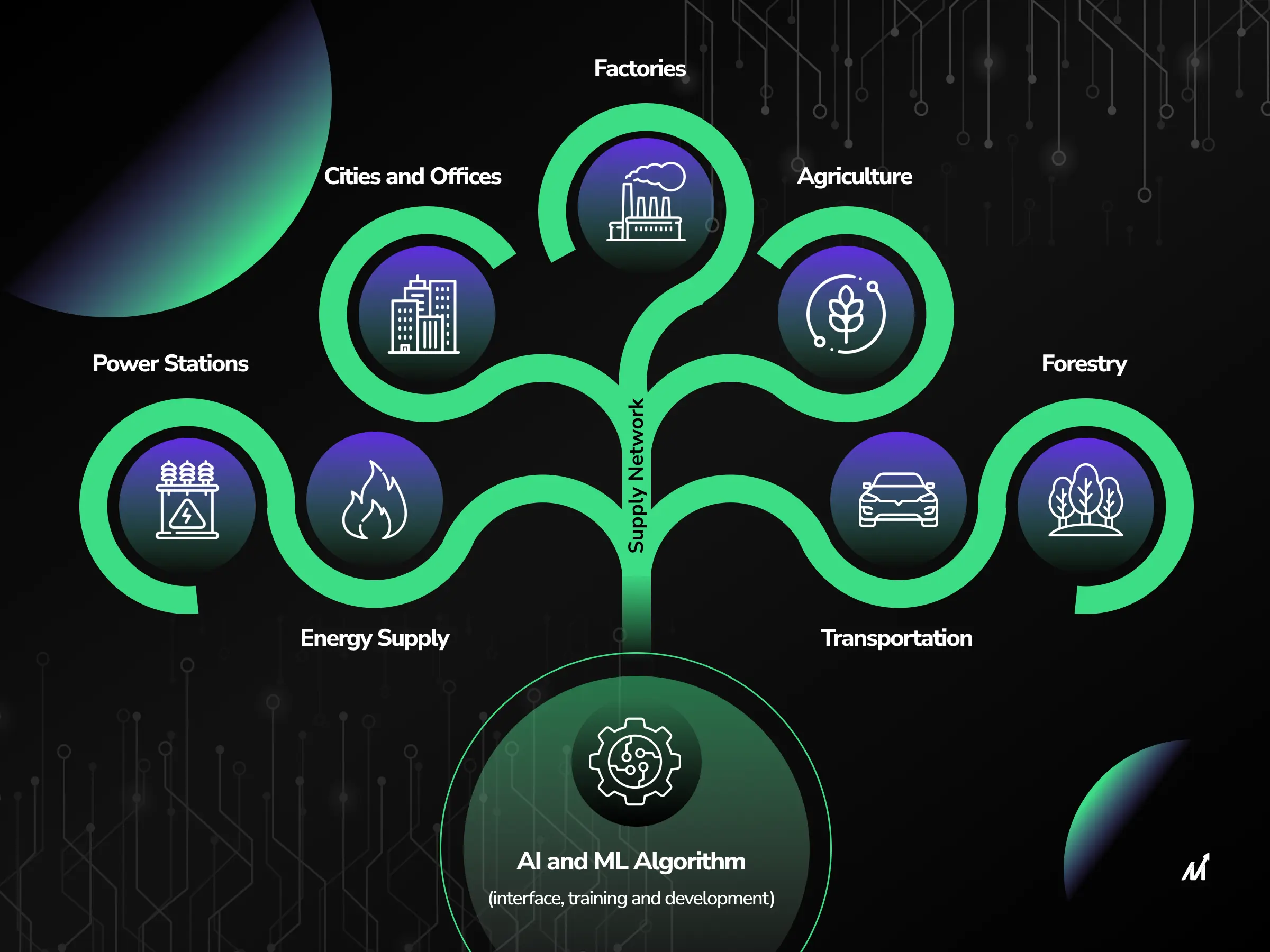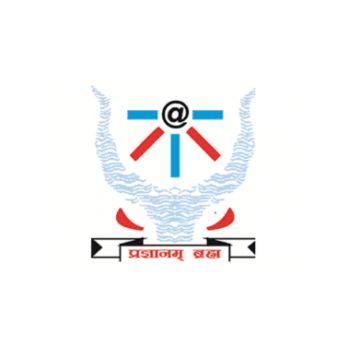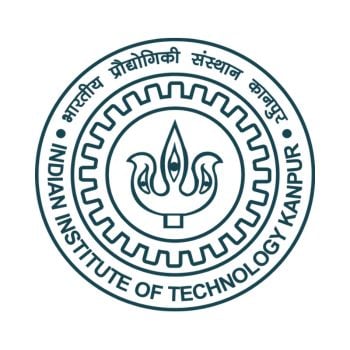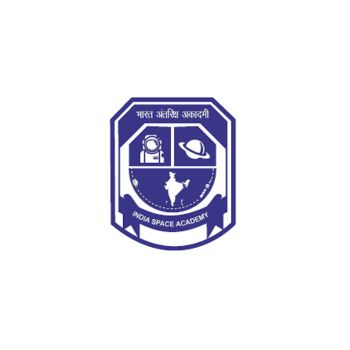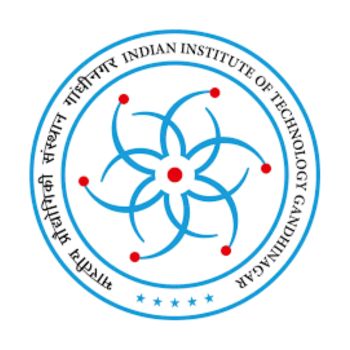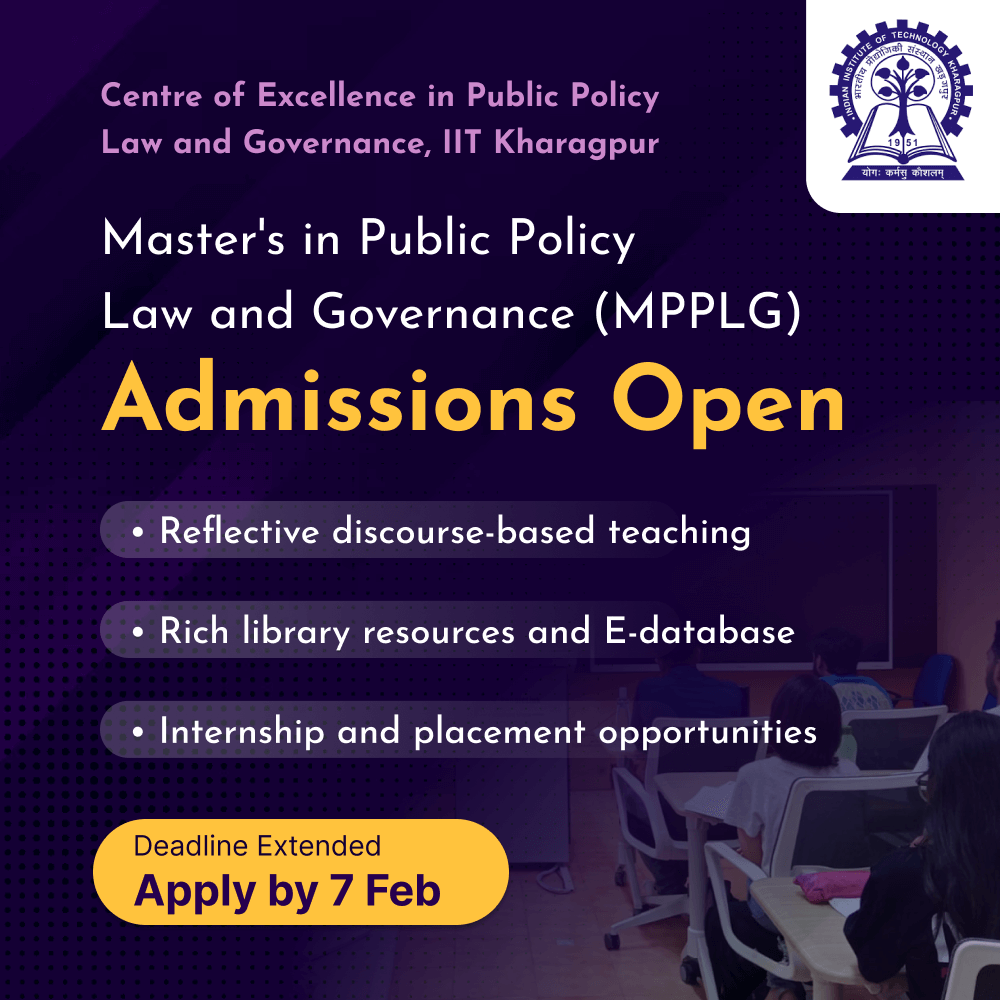Online registrations are invited for the Post Graduate Program in DevOps with Edureka. Check all the details below and secure your spot now!
About Edureka PGP-DevOps Program
Edureka, in collaboration with Purdue University, offers a comprehensive Post Graduate Program in DevOps designed to equip professionals with essential skills in tools like Jenkins, Docker, Ansible, Kubernetes, Git, Prometheus, Nagios, and AWS DevOps Services.
Purdue University is a top public research institution developing practical solutions to today’s toughest challenges. Ranked in each of the last four years as one of the 10 Most Innovative Universities in the United States by U.S. News & World Report, Purdue delivers world-changing research and discovery. Purdue offers a transformative education to all, led by some of the top professors in the world, to empower students to move the world forward.
This program will nurture and transform you into a highly skilled DevOps professional.

Program Highlights
- Comprehensive Curriculum: Covers essential DevOps tools and practices.
- Industry-Relevant Projects: Engage in over 20 projects and 100+ case studies that mirror real-world challenges.
- Expert Instructors: Learn from industry professionals and esteemed faculty members.
- Flexible Learning: Live, instructor-led online classes conducted on weekends.
- Career Assistance: Benefit from placement support and access to Purdue’s Alumni Association.
Post Graduate Program in DevOps Curriculum
DevOps Fundamentals
- Module 1: Introduction to Software Development and DevOps
- Module 2 : DevOps Lifecycle and Tools
- Module 3: Introduction to DevOps on Cloud
- Module 4: Linux Fundamentals for DevOps
- End Course Test
Source Code Management using GIT
- Module 1 :Getting Started with Git
- Module 2: Working with Git Repositories
- Module 3 : Branching and Merging
- Module 4 : Git Workflows
- Module 5: Using Git in IDE
- Module 6 : Git Server Administration
- Module 7: End Course Test
Continuous Integration using Jenkins
- Module 1 : Introduction to Continuous Integration
- Module 2: Jenkins Plugins
- Module 3: Build Jobs and Jenkins Security
- Module 4: Metrics to Improve Quality
- Module 5 : Managing and Monitoring Jenkins
- Module 6 : Automated and Continuous Deployment
- Module 7 : Jenkins Pipeline
- Module 8: End Course Test
Configuration Management using Ansible
- Module 1 : Introduction to Configuration Management
- Module 2 : Server Provisioning using Ansible CLI and Playbooks
- Module 3 : Ansible Modules and Roles
- Module 4 : Ansible on Cloud
- Module 5 : Automating Continous Integration
- Module 6 : Infrastructure Automation using Terraform
- Module 7 : End Course Test
Continuous Deployment using Docker
- Module 1 : Introduction to Containerization
- Module 2 : Image Management and Registry
- Module 3 : Storage in Docker
- Module 4 : Container Orchestration using Docker
- Module 5 : Networking and Security
- Module 6 :Docker Enterprise Edition
- Module 7: End Course Test
Container Orchestration using Kubernetes
- Module 1 : Introduction to Container Orchestration
- Module 2 : Kubernetes Architecture and Core Concepts
- Module 3 : Kubernetes Services and Scheduling
- Module 4 : Kubernetes Controllers
- Module 5 : Storage in Kubernetes
- Module 6 : Securing and Troubleshooting the Cluster
- Module 7 : CI-CD using Jenkins X
- Module 8 : CI-CD using Jenkins X Part-2
- End Course Test
Continuous Monitoring and DevOps on AWS
- Module 1 – Continuous Monitoring using Prometheus
- Module 2 : Prometheus Security and Use Cases
- Module 3 : Continuous Monitoring using Nagios XI
- Module 4 : Log Server 2.0 and alerting in Nagios
- Module 5 : SDLC automation using AWS
- Module 6 : Automating Infrastructure using CloudFormation
- Module 7 :Application Deployment using Elastic Beanstalk
- Module 8 : Application Deployment and Orchestration using ECS, ECR and EKS
- Module 9 : Configuration Management using OpsWorks (Self-paced)
- Module 10 : End-course Test
Bonus Course: DevSecOps Engineering (Self-paced)
- Introduction to DevSecOps
- DevSecOps Implementation
- Static Application Security Testing (SAST)
- Dynamic Application Security Testing (DAST)
- Software Composition Analysis (SCA)
Industry Grade Project
Why Choose This Program?
- Prestigious Certification: Receive a certificate jointly awarded by Edureka and Purdue University.
- High Demand for DevOps Professionals: The global DevOps market is expected to grow at a CAGR of 21% by 2026.
- Lucrative Career Opportunities: Experienced DevOps professionals can earn an average salary of $127,231 per annum.
Eligibility
Suitable for any undergraduate degree holder with basic knowledge of at least one programming language.
